Having a better understanding of how the brain works can help us create the best conditions for learning to ensure that we retain the new information or skills we have learned.
We often hear people say, “I’m not very good at learning” or “it just doesn’t go in”, while it may feel like this, the brain is actually a learning machine that is capable of acquiring and storing new information.
Believing you can learn is the best first step you can take to improve your ability to learn. Often, we convince ourselves we cannot do something and therefore we expect to fail and ultimately generally do. Changing your way of thinking can help you be open to not only the idea of learning but also your ability to learn.
When faced with a challenge, it’s common for us to say straight away “no, I can’t do that” but once we give it a try we often surprise ourselves and discover we can actually do it. Let’s take a look at the techniques you can use to help you learn better.
Different learning systems
Our brains are complex, and they use many systems for learning, understanding this means you don’t have to learn everything in the same way, you can vary how you learn. Varying how you learn can help improve your ability to learn.
The different systems include the reward system, where you are rewarded in anticipation of knowing more. This type of learning usually takes the form of examinations, tests or asking questions. Others include arousal, stress and reflective systems.
Emotions improve learning
The area of the brain that stores information is called the hippocampus and it is closely linked to the part of the brain that recalls our emotional state, the amygdala. We often remember things or events that provoked a strong emotional reaction, whether negative or positive.
Adding humour, surprise and other emotions to the way you learn can help you remember the information you have learned. Even applying what you have learned to a funny story or trying to make it relate to a personal experience can help you recall it in the future.
Repeat your learning
The more frequently we do something the better we get at it or the more we remember about it. Repeating your learning can help your memory recall what you have learned in the future. Learning little and often can be more effective than trying to tackle a lot of learning in one go.
Try to associate what you have learned with something you do in your everyday life or consider how it affects you or someone you are close to, to help you recall it.




